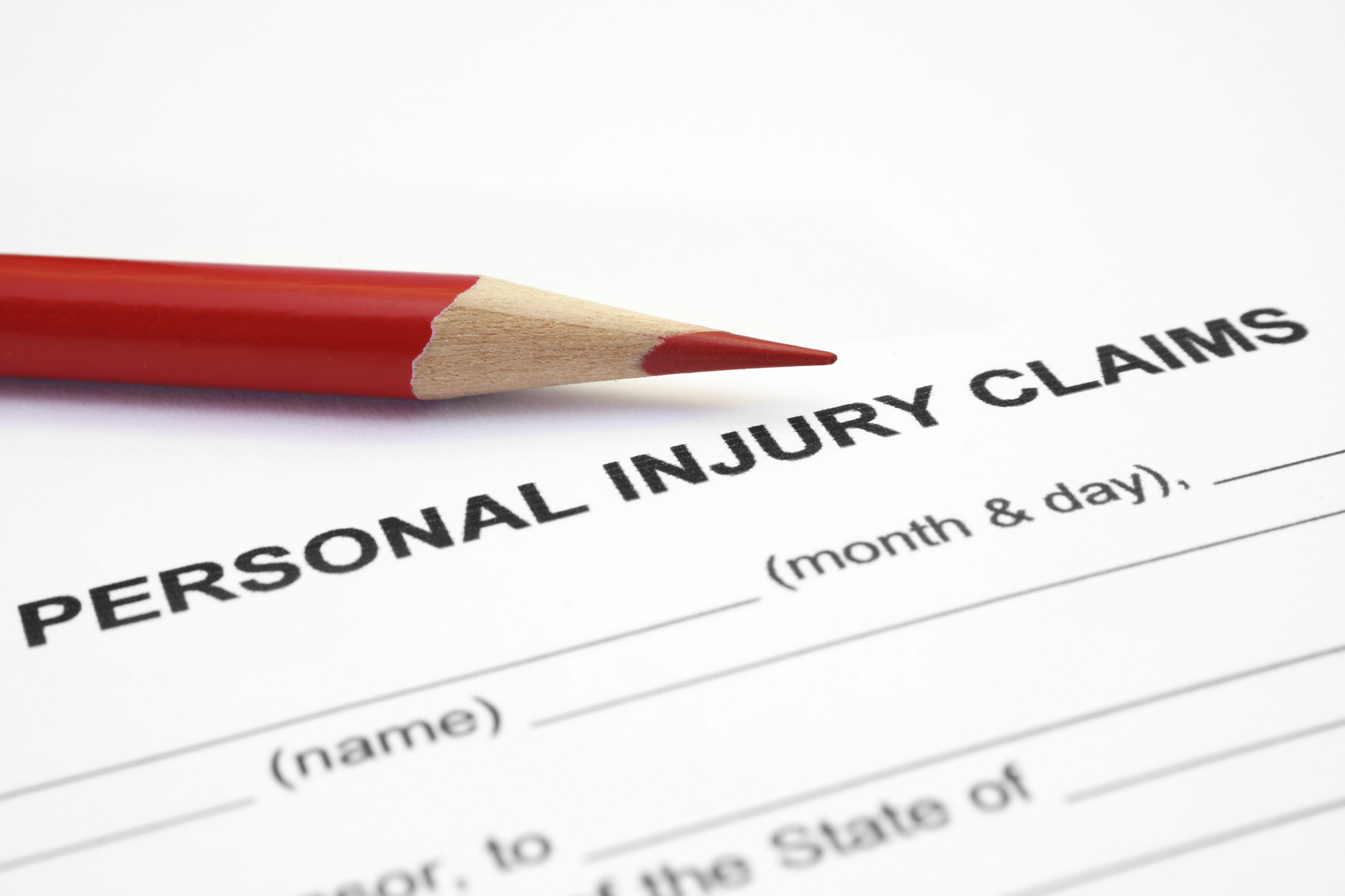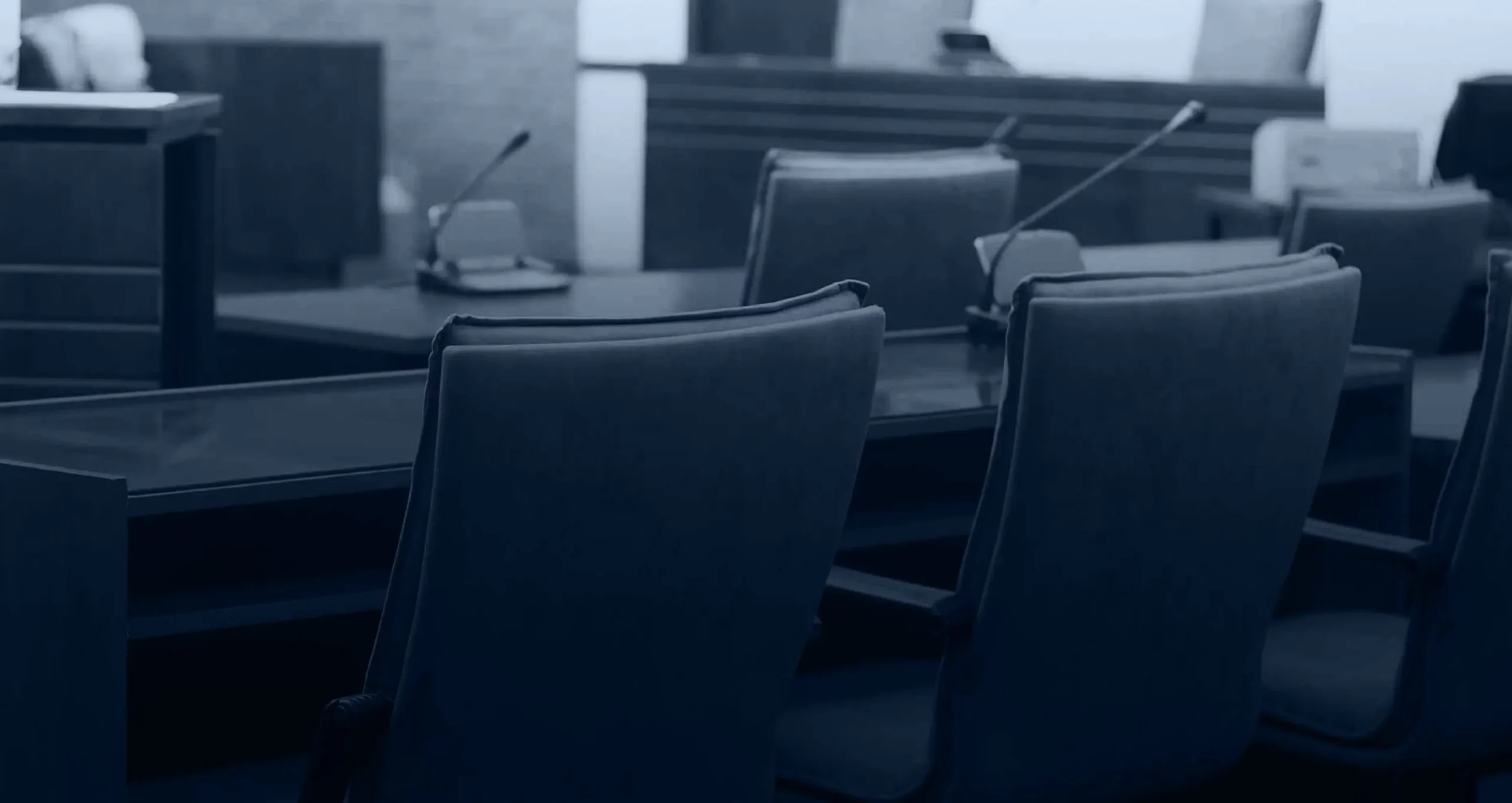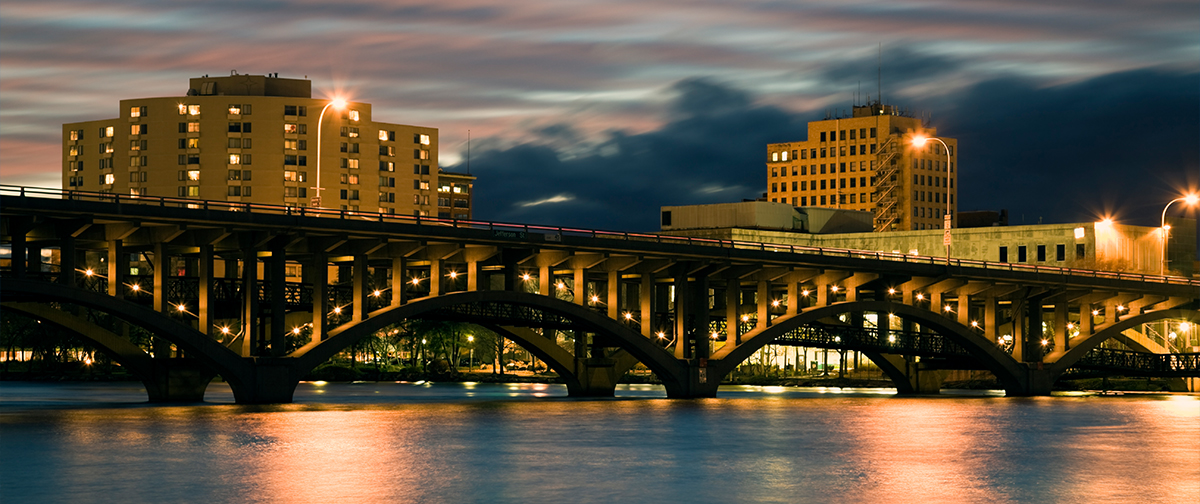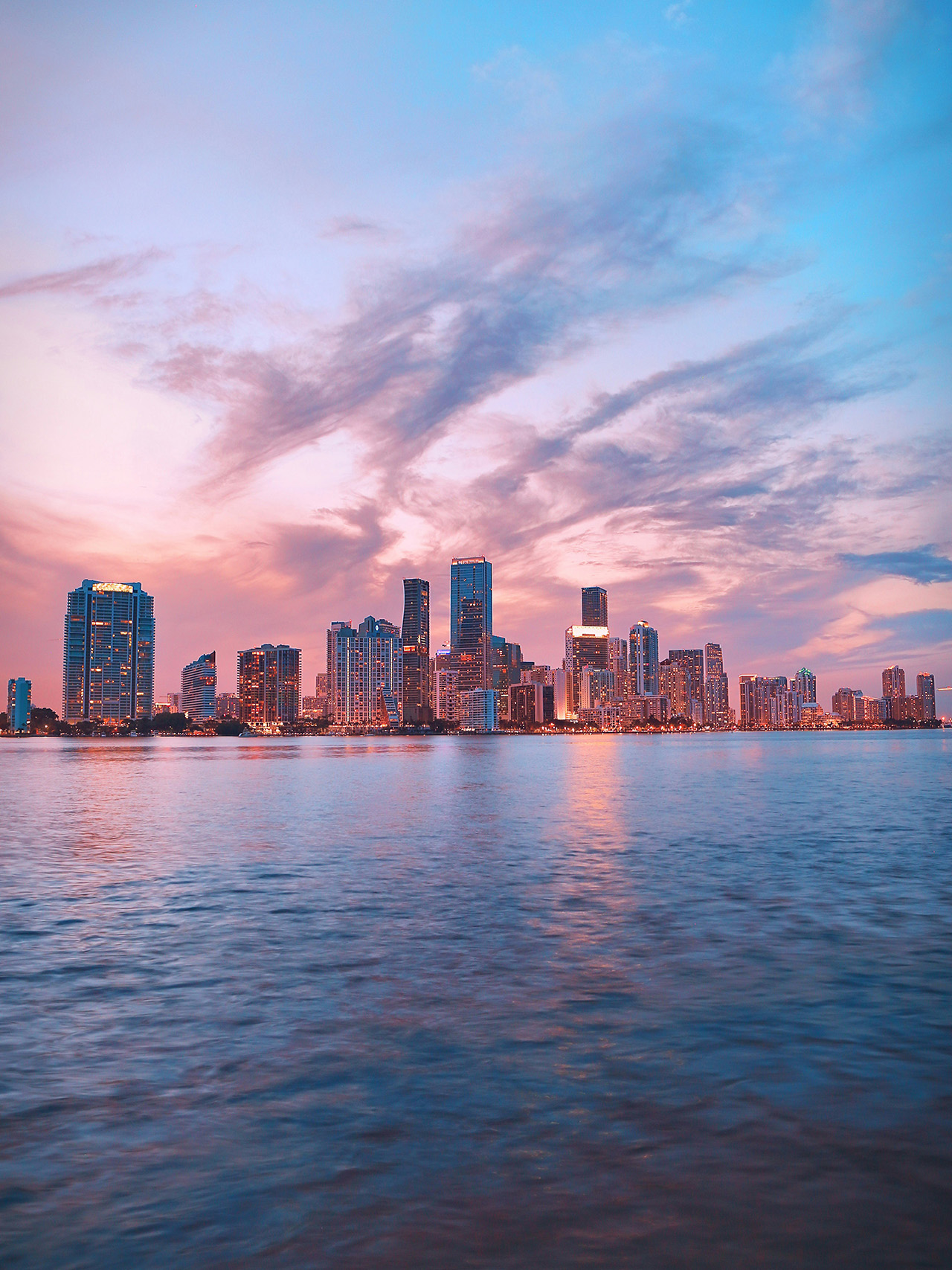If you suffered harm in an accident because of another person’s wrongful or negligent actions, you likely have questions about your legal options, remedies, and whether you should file a legal claim.
Our personal injury attorneys have prepared this post to help address these questions and clarify some common misunderstandings regarding common injury accidents. In it, we will discuss the steps you should take following a personal injury accident, what you need to do to file an injury claim, and why you should retain a trusted and experienced personal injury attorney to help you with this legal process.
Start Building Your Legal Case at the Accident Scene
Following an accident, collecting evidence from the scene is probably the last thing on your mind.
However, the actions you take after a devastating accident can not only help protect your health and safety but your legal rights.
For these reasons, following an accident:
Contact the Authorities Immediately
After an accident, you should call 911 immediately. If you sustained severe injuries, someone else should call the authorities for you. This call is not only the fastest way to alert medical personnel and the police of the accident, but it is also the quickest way to get the accident on record.
Once you get the dispatcher on the phone, make sure you let them know your location, the injuries you suffered, and if the scene is dangerous. In addition, make sure you do not let anyone try to talk you out of contacting the police.
If you decide to pursue legal action following the accident, this police report can provide you with valuable evidence regarding what happened and who was at fault for the accident. Specifically, these reports often contain information regarding the at-fault party’s wrongful actions, names and contact details of witnesses who saw what happened, insurance details, and other important information.
Gather Evidence Following the Accident
Even though police officers’ reports can help your legal claim, they will not always catch every detail about the accident. For these reasons, if you are physically able, try to gather as much evidence as possible from the accident scene. This evidence should include photos and videos of your visible injuries, the dangerous condition that caused your accident, any other motor vehicles involved, the weather conditions at the time of the accident, and any other evidence that can help show what happened.
However, do not worry if your injuries prevent you from gathering this information. Once you retain an experienced personal injury lawyer to help with your case, they can work to obtain this evidence on your behalf.
Exchange Information with Others Involved in the Accident
After the accident, you should try to exchange information with the others involved in the accident.
For example, if you were in a motor vehicle collision, try to gather:
- The driver’s name, contact details, and driver’s license number
- The driver’s insurance information, including the telephone number and the policy number
- The make, model, license plate number, and the Vehicle Identification Number (VIN) of all the vehicles involved in the accident
However, as you talk to these other individuals, make sure you watch what you say. You want to avoid making any definitive statements regarding what happened, apologizing for the incident, or taking any of the blame. These types of comments can come back and hurt your case, impacting the amount of money you can receive.
Check for Witnesses
If individuals saw what happened during the accident, try to get their names and contact details. These individuals can often provide you and your lawyer with helpful information about the accident and can even help back up your claim.
Get Medical Treatment
Following a personal injury accident, you should never refuse medical treatment at the scene of the accident. Even if your injuries appear to be mild, you want to have emergency responders check you out, especially since the shock of the accident can mask serious injuries such as head and brain trauma. If EMS intends to transport you to the hospital, let them do so. Not only can this ensure you are examined for any potential devastating injuries, but they can also include a description of your injuries and the care you received in their report.
However, if EMS does not transport you to the hospital, you should still see a doctor as soon as possible after the accident. If you refuse or delay medical attention, it can significantly weaken your legal case. The insurance company for the at-fault party will try to find anything they can to use against you. By not getting prompt medical attention, the insurance company will argue that the accident did not cause your injuries or that the harm you sustained was not severe.
Fortunately, when a medical professional sees you shortly after your accident, they can provide you with a medical report that can serve as evidence of a direct link between the harm you sustained and your personal injury accident.
Negotiate With the Other Side
Before filing a lawsuit after your accident, you should first file a claim with the insurance company. However, remember that insurers are a business and want to turn a profit. Consequently, the less money they pay you for your claim, the more money they end up making. As a result, insurance adjusters will try to do anything to get you to admit fault for the accident, so they can deny your claim or reduce the amount of your settlement.
For these reasons, before you try negotiating with the insurance company yourself, you should reach out to an experienced personal injury lawyer. These attorneys can not only prepare you for how to handle these insurance companies and their tactics, but they can also take on these conversations on your behalf, ensuring you do not say something that hurts your claim.
Verify That the Settlement Is Fair
An insurance company may offer you a quick settlement following a personal injury accident. Though this may seem like great news, it may not be in your best interest to accept this initial amount. Often, the insurance company will try to offer you a meager amount shortly after your accident, when you are most vulnerable, in the hope that you accept, no questions asked. However, by doing so, if you discover later on that you have further expenses related to the accident, you will not be able to recover any additional money from the insurance company.
That is why before you accept any settlement offer, you should consult with a knowledgeable personal injury lawyer. These attorneys can verify if this amount is fair to you and whether it will cover all of your losses, including your future expenses. If the amount is unreasonable, they can head back to the negotiating table with the insurance company and fight for a just offer.
Yet, if the insurer refuses to negotiate or denies your claim altogether, these lawyers can file a personal injury lawsuit and go to court to fight for maximum damages.
File Your Legal Claim Before Time Runs Out
If you decide to head to court to fight for the damages you are entitled to, you first need to ensure the time to file your case has not expired. The statute of limitations is a law that dictates the maximum amount of time you have to file a lawsuit following an alleged offense. If you do not file your legal claim within this allotted time, you may be barred from pursuing compensation for the injuries and losses you sustained.
Each state has a different statute of limitations, meaning these deadlines will vary. For instance, in Illinois, the statute of limitations to file an injury claim following a personal injury accident is two years from the date of the accident. However, exceptions may apply to this rule that can impact the filing period.
That is why following your accident, it is important to discuss your case with a skilled personal injury lawyer as soon as possible. These attorneys can not only verify how much time you have to file your lawsuit, but they can also ensure that your legal motions and documents are prepared correctly and filed with the appropriate court before time runs out.
Fight For the Damages You Need
Following a personal injury accident, you may be able to pursue compensation for two types of damages: economic and non-economic damages.
Economic Damages: These damages refer to the actual and easily verifiable losses that result from an accident.
They include:
- Medical bills related to hospital stays, doctor visits, surgeries, prescription medications, emergency services, and assistive medical devices
- Future medical bills related to ongoing care
- Lost wages and lost earning capacity
- Personal property damages related to replacement costs or repair expenses
- Domestic services, such as child-care
- Other out-of-pocket costs
Non-economic Damages: These damages typically refer to the subjective losses that result from an accident. However, because these losses are generally not easy to quantify, they are harder to prove.
They include:
- Pain and suffering
- Mental anguish
- Loss of enjoyment of life
- Loss of companionship
- Loss of reputation
- Limb loss
- Inconvenience
- Disfigurement
In addition, courts may punitive damages. However, unlike the other damages, which compensate the victim for their losses, punitive damages punish the wrongdoer for their egregious actions and deter them from committing these actions. As a result, courts award these damages only awarded in limited circumstances, specifically when the plaintiff’s attorney can show through clear and convincing evidence that the defendant’s actions were intentional, willful, wanton, or fraudulent.
Get the Legal Help You Require, Contact an Experienced Personal Injury Attorney Today
Pursuing legal action is likely not at the forefront of your mind following an accident; however, it is necessary to your recovery. To bring a successful legal claim following a personal injury accident, you have to provide relevant and detailed evidence and have a solid understanding of the state’s laws. You will also need to prepare strong legal arguments proving your case. These tasks are well beyond the average person’s capabilities, particularly if recovering from a severe injury.
Thankfully, with an experienced personal injury lawyer on your side, instead of taking on this legal fight alone, you can focus on your healing and recovery while these legal professionals pursue the justice and damages that you deserve.
Once retained, your lawyer can:
- Go over your personal injury accident in detail, evaluate your claim, and determine if you have a viable case.
- Answer all your questions and concerns about your case and the legal proceedings involved and determine which legal options you should pursue.
- Investigate the accident thoroughly and secure the evidence needed to prove what happened and who was at fault for your injuries and losses.
- Bring in experts to help validate your claim, such as accident reconstructionists, doctors, engineers, and financial specialists.
- Take on all the negotiations and discussions with the opposing party, and seek the just settlement offer you need.
- Head to trial if the other side is unwilling to negotiate fairly and fight for maximum compensation.
That is why, if a personal injury accident injured you or a loved one, do not wait to get the legal help you need. Instead, contact an experienced and skilled personal injury attorney today for a free case evaluation and find out how a lawyer can fight for you and your rights.
Contact the Chicago Personal Injury Law Firm of Zayed Law Offices Personal Injury Attorneys for Help Today
For more information, please contact the experienced Chicago personal injury lawyers at Zayed Law Offices Personal Injury Attorneys today. We offer free consultations.
We proudly serve Cook County, Will County, Kendall County, and its surrounding areas:
Zayed Law Offices Personal Injury Attorneys – Chicago Office
10 S La Salle St STE 1230, Chicago, IL 60603
Phone:(312) 726-1616
Hours: Open 24/7
Our firm is located near you. We have an office in Chicago
Find us with our GeoCoordinates: 41.8815493,-87.6327515
Zayed Law Offices Personal Injury Attorneys – Joliet Office
195 Springfield Ave, Joliet, IL 60435
Phone: (815) 726-1616
Our firm is located near you. We have an office in Joliet
Find us with our GeoCoordinates: 41.5254295,-88.1381011













